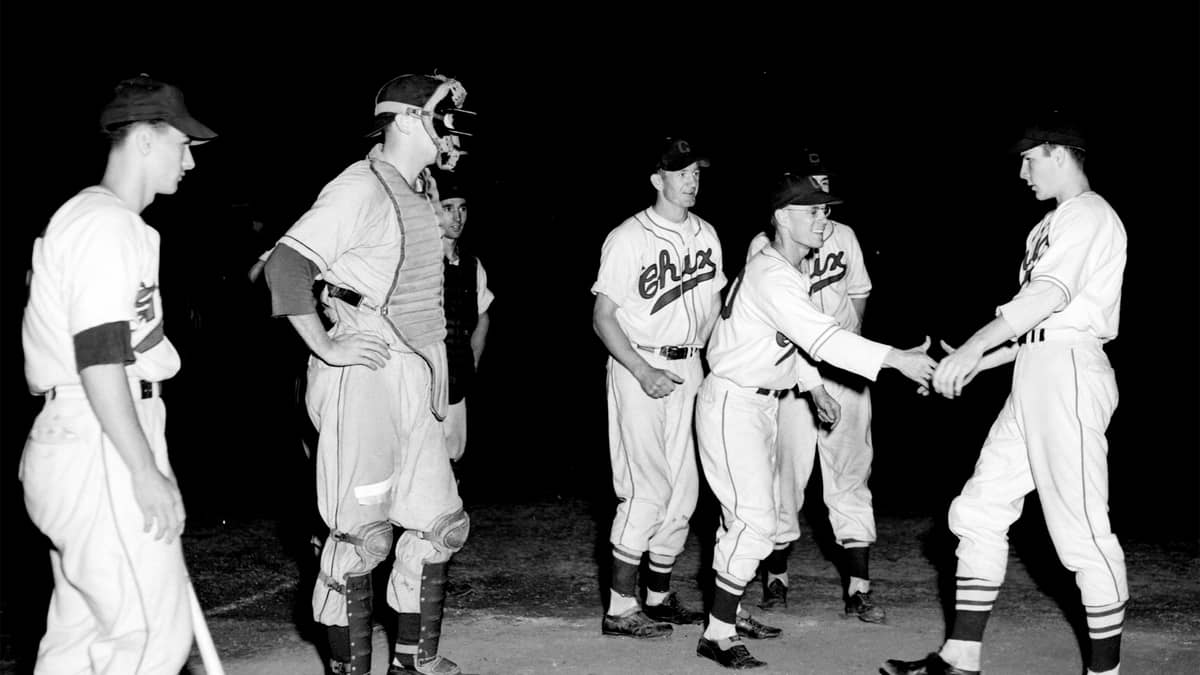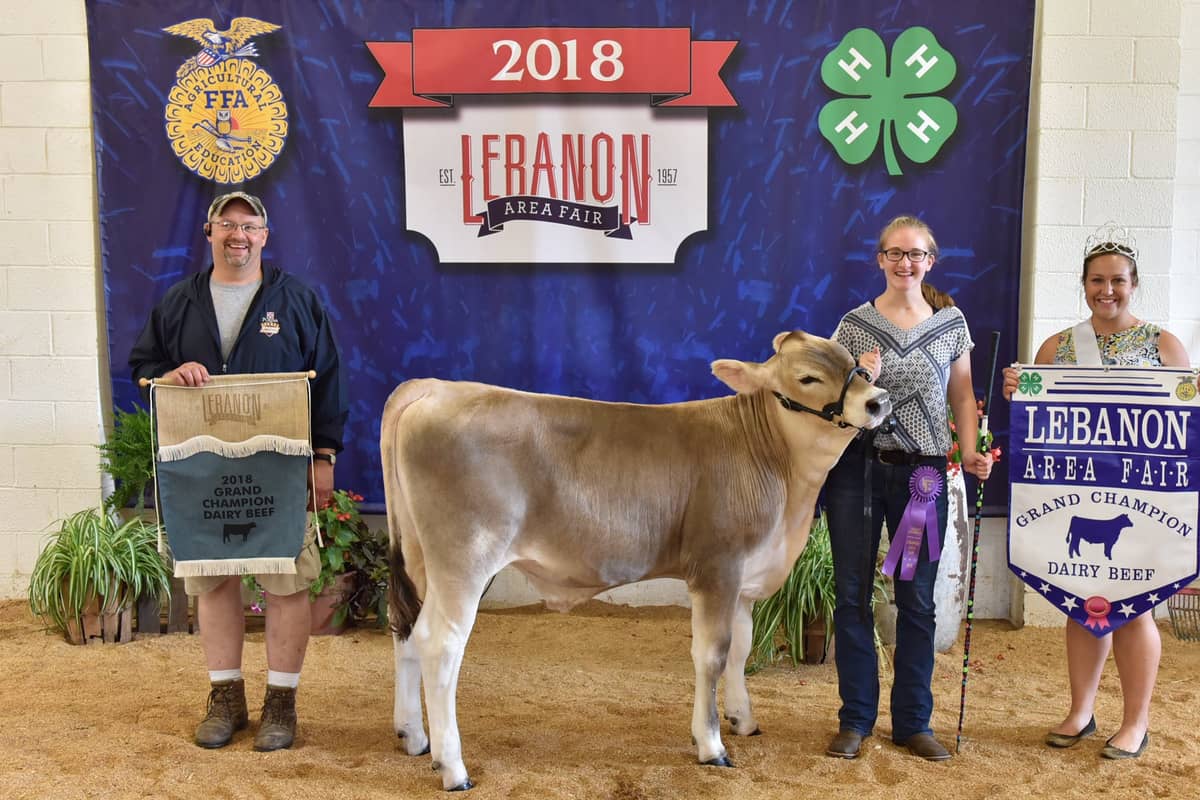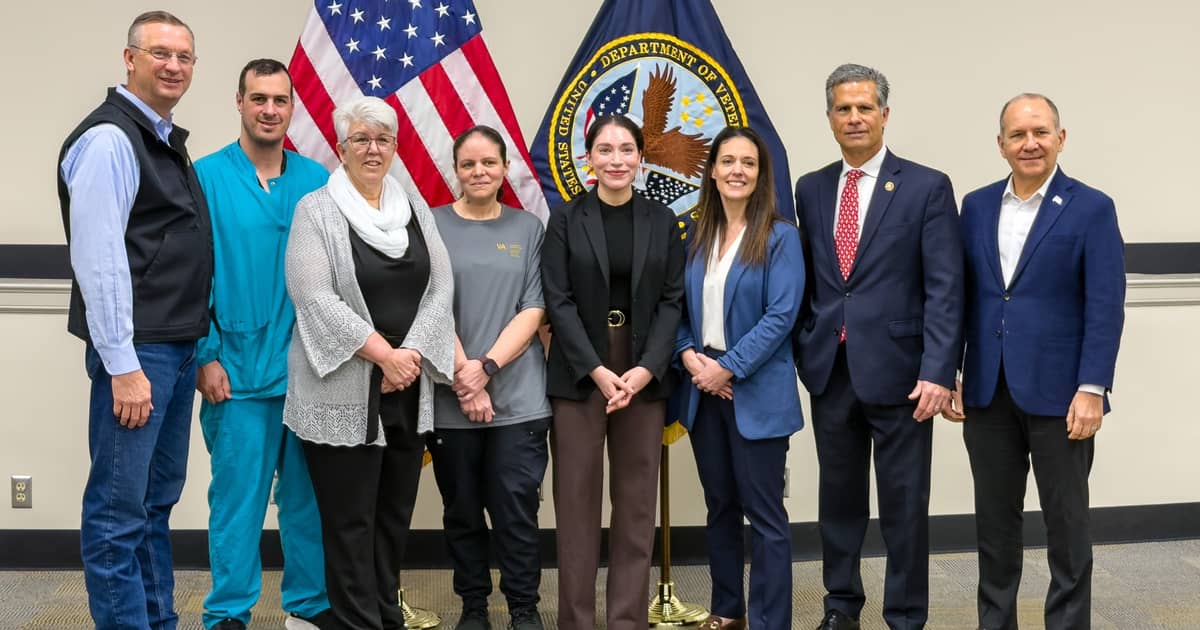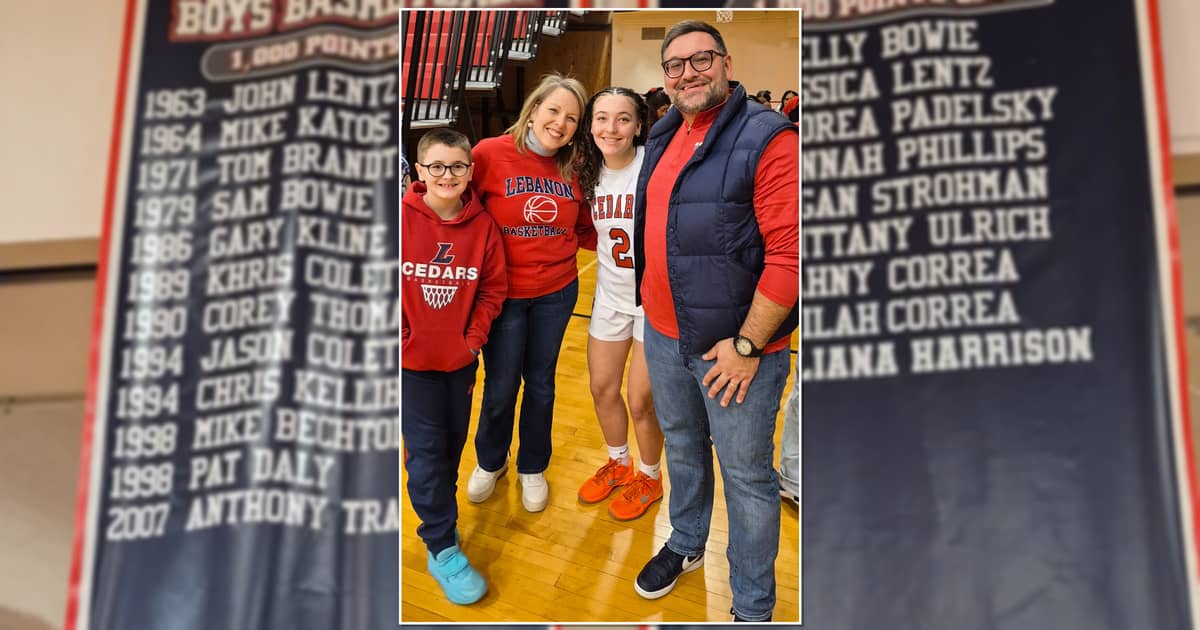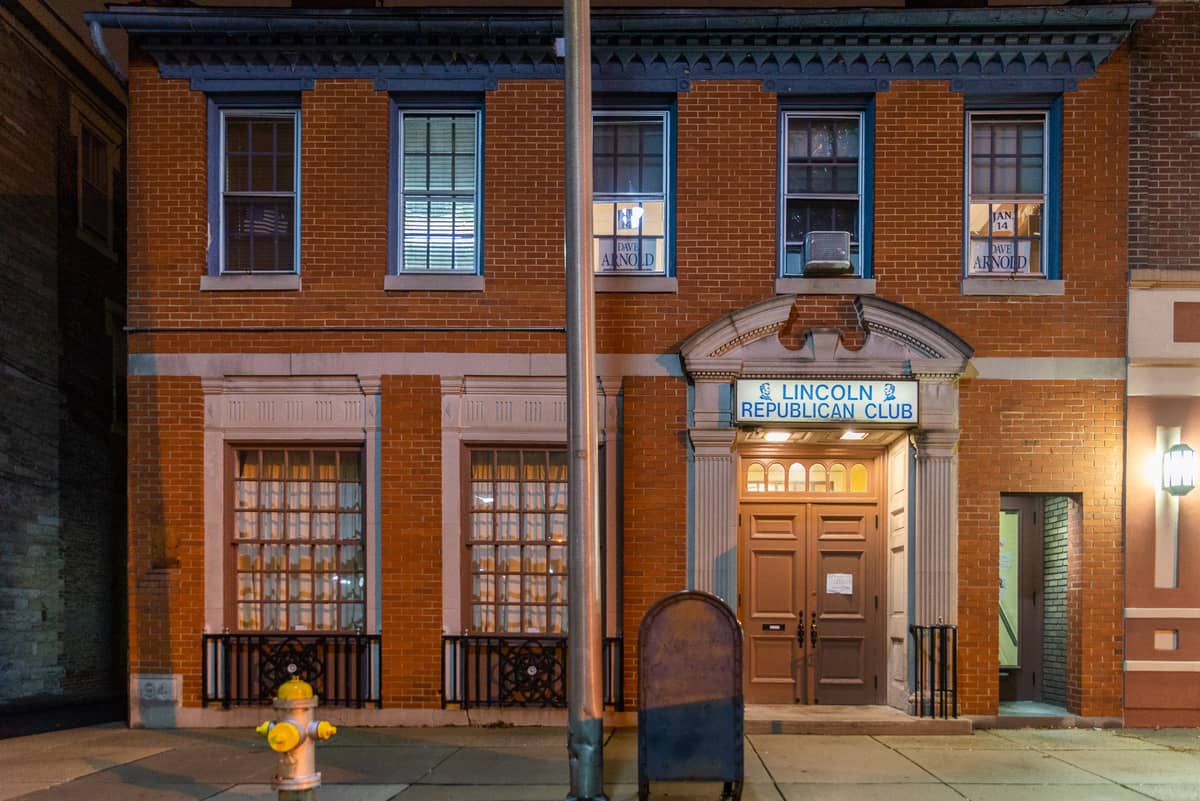Of all the baseball teams that formed in the wave of amateur sports interest that swept through the Lebanon Valley in the mid-20th century, the College Hill Chix of Fredericksburg is still the best known and the most notable.
Their story, like those of so many other teams of the time, began in the years following World War II. As the burden of wartime lifted and young men returned to their hometowns, interest in home-grown sports teams was renewed and a crop of amateur teams sprung up from neighborhoods in Lebanon and surrounding towns.
Games among local teams ranged from the informal to the carefully planned and promoted, and some teams, realizing there was a potential to make money, became semi-professional. The football team Lebanon Boro Rams, for instance, made the transition in 1947 (having been formed in 1940) and faced off against publicized regional opponents. For baseball players, though, one of the hottest teams in the county was the College Hill Chix.
The Grimes brothers
The College Hill Chix team was formed out of a partnership of two brothers, Charles and Coble Grimes. In a 1988 article written by Brian Clark for WITF’s “Apprise” magazine (PDF), “Charlie” is credited with originating the idea for the team, while the older Coble, founder of College Hill Poultry, provided financial support (both men were involved in the chicken industry).

Charlie himself had played baseball in amateur leagues in his youth around Fredericksburg and had team management experience. He became the Chix coach. Tryouts for the team were held in May at the Fredericksburg High School.

The first game played by the Chix – and what was claimed to be the first semi-pro baseball game ever held in Lebanon – was a June 9 match against the Cressona Ordnance Club, described as a “fast semi-pro team” of Schuylkill County. Played at the Lebanon High School stadium to an audience of about 500, the game started out a bit rough for the Chix, but by the third inning, “the Grimesmen” had taken the lead and ultimately won out 11-4 over Cressona. Lebanon Mayor Ray C. Bell threw the ceremonial first pitch.
The Chix win was the first in what became a good inaugural season for the new team, with a number of wins and plenty of games – sometimes four in a week – with teams from the surrounding areas. They began as amateurs but at some point in 1945 began getting paid $5 a game.
A new home
By the following year, the Chix had amassed a following large enough that the construction of a stadium of their own was in order. The Coble Grimes Stadium, built in 1946, was made the new home of the College Hill Chix, and their first game there came on June 16 of that year.

Though it was a home game, the Chix lost 0-2 in a “brilliant” 12-inning match against the Cornwall Miners. The Miners were a team sponsored by Matthew “Tip” Karinch, eventual Cornwall mayor and founder of Karinchville (incidentally, Karinch stated in the 1980s that the North Cornwall neighborhood began as a way to provide housing for his baseball players).
Read More: LebTowns: North Cornwall & Karinchville
The Chix and Miners were the only two teams of Lebanon County to be part of the eight-team Bi-County Baseball League (Schuylkill County being the other), which had been officially organized in Pine Grove before the start of the season.


At least 3,000 baseball fans flocked to the new, partially built stadium (which when completed boasted a capacity of 3,500), a great improvement over the 500 that had appeared just a year earlier for the Chix’s first game and a sign that the decision to build the stadium was seemingly a good call. The stadium had been built on a plot of land wedged between Route 22 and Main Street in eastern Fredericksburg.
In August of 1946, months after the construction of the stadium, lights were installed. This was a very convenient feature for the team; the option to play at night opened up many new scheduling possibilities. This period of time also saw some of the biggest crowds for Chix games at the stadium, which overflowed with spectators.
Another team milestone came in 1946 with the Grimes brothers’ hiring of Jim Bucher as coach. Bucher had been a Major League player for the Brooklyn Dodgers, St. Louis Cardinals, and the Boston Red Sox for years until 1945. His hiring, along with the new stadium, marked a new era in the history of the Chix. Their increasing popularity meant that the players could be paid more money for their games ($10 per game in 1946, according to Clark’s article).

The year of 1947 was highly significant in the larger world of baseball: Jackie Robinson appeared as a player for the Brooklyn Dodgers, breaking baseball’s color line in Major League Baseball. This was a watershed moment in the history of the sport. Previously, black players were unable to join the league teams and had formed leagues of their own, playing with teams around the country.
The Chix had in fact been playing against such teams since 1945, when they won 13-10 against the visiting Chicago American Giants, part of the Negro American League. Over the years the Chix also squared off against the New York Black Yankees, the New York Cubans, the Baltimore Elite Giants, the Birmingham Barons, and the Philadelphia Stars, according to Clark.

In 1948, the Chix joined the new five-county South Penn Baseball League and made Lebanon County history when they hosted Grimes Stadium’s first semi-professional state tournament, which they themselves won after a final match with the Cornwall Miners.
That year garnered the team their biggest fame yet, when they traveled to Wichita, Kansas for the National Baseball Congress (NBC) Semi-Pro Tournament, held in August; as Lebanon Daily News sports editor Tiny Parry wrote at the end of the year, “that was the first time any local team had travelled that far afield to carry this county’s banners on the field of sport.” The Chix secured a tie for fourth place in the tournament, beating out teams from Nevada, Wisconsin, and Florida.

The tournament also highlighted the figures behind the scenes. Coble Grimes and his wife, Elsie, were recognized by NBC as Sponsors of the Year. It was the first time in the organization’s 15-year history that a woman had been recognized as such.
In 1949, the team reformed as the Lebanon Chix, officially a Class D minor league team, part of the North Atlantic League. This was partially the work of Bucher, who had relinquished coaching duties in favor of a managerial position on the business end of things. He maneuvered the team into affiliation with the farm system of the St. Louis Cardinals, and in their first year as the Lebanon Chix, they played 140 games, 70 of them at home.
The following year, 1950, was the bittersweet final year of the Chix. Their excellent performance in the North Atlantic League won them the league championship, beating out the Stroudsburg Poconos.

In October, a day after his 48th birthday, Coble Grimes died. The sponsor of the Chix had never played the game himself, but his love of the sport was undeniable — and though his brother Charlie was no longer officially tied to the team, their partnership and dream of forming a worthy local team had come to fruition before Coble’s passing. Following the death of their longtime sponsor, and faced with smaller crowds than could make the team viable, the Chix made the difficult decision to disband.
Charlie Grimes continued to involve himself in local baseball until his death in 1969.
The Grimes Stadium and field took on a life of its own and, in 1965, began a new era as the Fredericksburg Speedway. Dale E. Richard Sr. purchased the property in that year and refitted the space to hold races, which continued into the mid-1970s. Currently, the lot is occupied by the D. E. Richard Garage, which hosts hundreds of raceway-era photographs on its website.
Though it’s been 70 years since the Chix played for thousands under the bright lights of Grimes Stadium, baseball continues to be one of the Lebanon Valley’s favorite sports, and youth games in the area regularly draw crowds. The baseball legacy — and sporting legacy in general — of the Lebanon Valley had one of its finest representatives in the Chix, and perhaps at some point down the line, a new team of players will step up to the plate, pick up a bat, and make history.
Correction: An earlier version of this article incorrectly stated that the Chix became part of the St. Louis Cardinal barn system; they were instead part of the farm system.
Questions about this story? Suggestions for a future LebTown article? Reach our newsroom using this contact form and we’ll do our best to get back to you.

Build the future of local news.
Cancel anytime.
Monthly Subscription
🌟 Annual Subscription
- Still no paywall!
- Fewer ads
- Exclusive events and emails
- All monthly benefits
- Most popular option
- Make a bigger impact
Already a member? Log in here to hide these messages
While other local news outlets are shrinking, LebTown is growing. Help us continue expanding our coverage of Lebanon County with a monthly or annual membership, or support our work with a one-time contribution. Every dollar goes directly toward local reporting. Cancel anytime.

